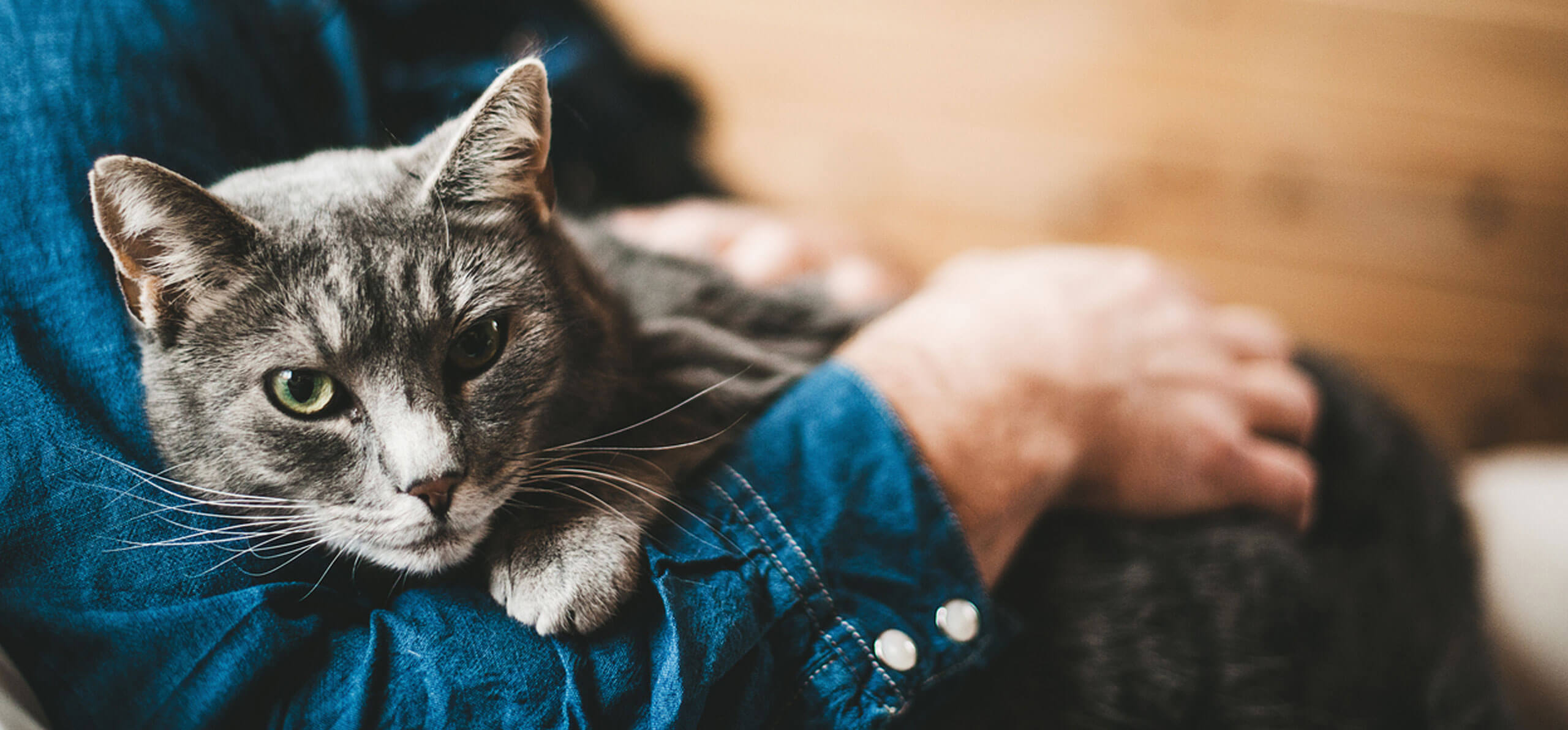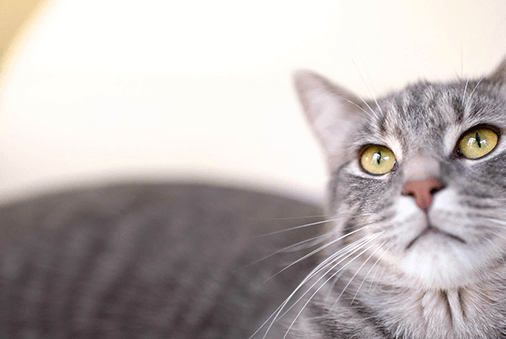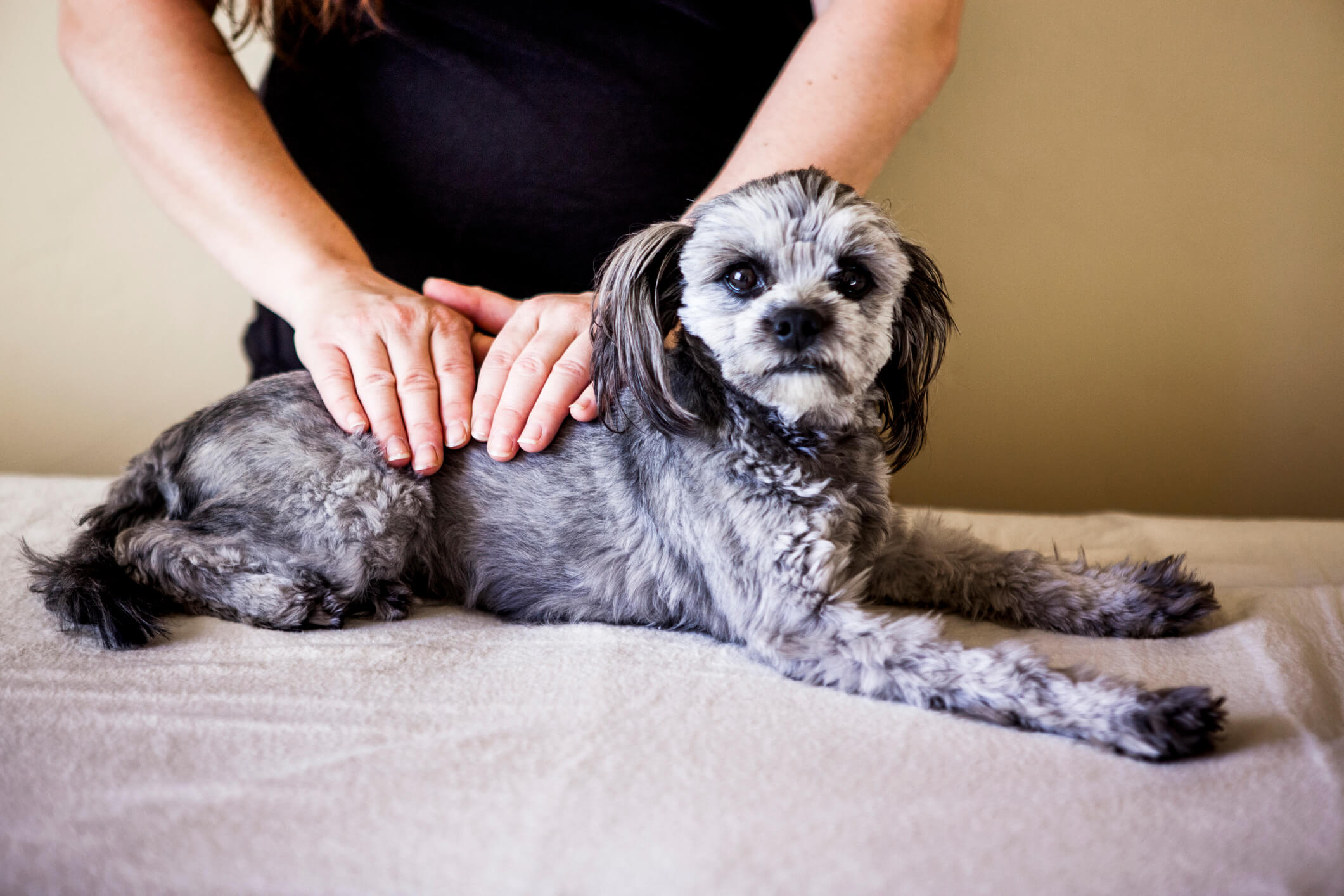Here are some simple things to remember to help your cat stay active and healthy so you can enjoy many more happy years together.
The Basics: Food and Exercise
Maintaining a healthy diet and regular exercise helps keep muscles, bones, joints, and internal systems working smoothly, and it’s no different for cats. Just like humans, instilling good habits at an early age is important for overall health later in life, and helps mature cats deal with age-related injuries better.
Healthy Weight Maintenance
Aside from a few laps around the coffee table every now and then, cats tend to be sedentary creatures. This often means they’re prone to weight gain as they get older and, as their muscles weaken and joints stiffen, they can be more susceptible to injury.
Overweight cats can sometimes develop arthritis, as well. Try to watch your feline’s weight and always confer with your veterinarian at her annual visit. The vet might recommend cutting back on feedings or portions, or switching to more weight-control, age-appropriate food. Blue Buffalo® has a variety of healthy food choices, both wet and dry, to meet the unique needs of your cat as she ages.
Signs of Injury
If your feline is noticeably limping and making strange sounds, it’s obvious she’s injured herself.
However more subtle signs can signal injury, as well. NC State University College of Veterinary Medicine reminds pet parents to watch for changes in their cat’s mood and activity. Your feline may be less likely to jump up on furniture or the window sill if she’s injured.
If you notice sudden irritability or aggression, and obvious physical limitations, see your veterinarian right away.
Indoor Protection
As your senior cat ages, it may be best to keep her inside. You can make it easier for her to navigate your home by getting a set of cat stairs or ramps to help her easily get to her favorite places. This will help keep her mobile while reducing the risk of injury as she continues to explore old and new locations.
Veterinarian Visits
As your cat ages, it’s even more important for her to see her veterinarian regularly. He or she will check your feline’s mobility and weight, and make recommendations for diet, exercise and more.
Helping your mature cat age gracefully and incident-free is the best way to show her you love her, and simple preventative measures throughout her life will help ensure you share many enjoyable moments together.





